In the world of couples therapy, it's common for partners to enter counseling seeking communication skills to improve their relationship. While learning effective communication techniques can be helpful, it's essential to understand that these skills alone may not solve the underlying issues causing disconnection. As a therapist, my approach aligns with Terry Real's perspective, which emphasizes the importance of addressing the core reasons why couples struggle to implement communication skills in the first place.
Google can provide a wealth of information on communication techniques, but simply knowing these skills doesn't guarantee a stronger connection. The key to lasting change lies in understanding the root causes of communication breakdowns and negative patterns. In my practice, I guide couples through a process of self-discovery, helping them explore their individual contributions to these patterns and learn how to communicate from a place of emotional maturity and empathy.
The Power of Connection
What couples truly crave is a deep, meaningful connection with their partner. When this connection feels strained, communication issues often arise as a symptom of the underlying problem. Instead of focusing solely on teaching communication skills, I work with couples to foster an environment where they can empathize with each other's experiences and strengthen their emotional bond.
Exploring Adaptive Child and Adult Self
In therapy, we delve into the concept of the "adaptive child" and the "adult self." The adaptive child represents the emotional responses and behaviors learned in childhood as a means of coping with stress or difficult situations. These learned behaviors can sometimes create barriers to effective communication and connection in adult relationships.
The adult self, on the other hand, embodies emotional maturity, self-awareness, and the ability to communicate effectively. By recognizing the influence of the adaptive child and learning to communicate from the adult self, couples can begin to deescalate conflict and create more positive, supportive interactions.
Learning to De-escalate and Create Positive Patterns
A significant aspect of my work with couples involves teaching them how to deescalate tense situations and replace negative patterns with positive, constructive communication. This process involves developing an awareness of emotional triggers, understanding the role of vulnerability in creating intimacy, and practicing empathy towards their partner.
By addressing the core issues impacting their ability to connect and communicate, couples can experience lasting, meaningful change. As a therapist, my goal is to empower clients to recognize the power they have to reshape their relationship dynamics and cultivate a deep, enduring connection with their partner.
If you and your partner are seeking a more profound understanding of your relationship challenges and wish to explore the underlying factors impacting your communication, consider seeking support from a couples therapist who prioritizes connection and emotional growth. Together, you can learn to navigate your unique journey and create a strong, fulfilling partnership built on empathy, vulnerability, and mutual understanding.


